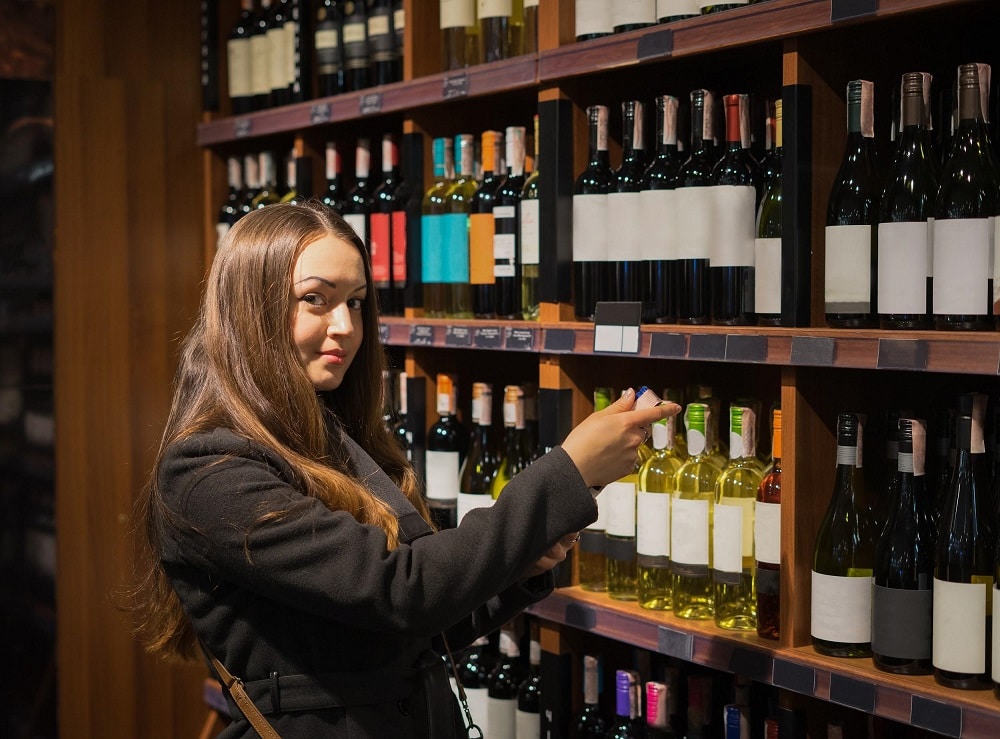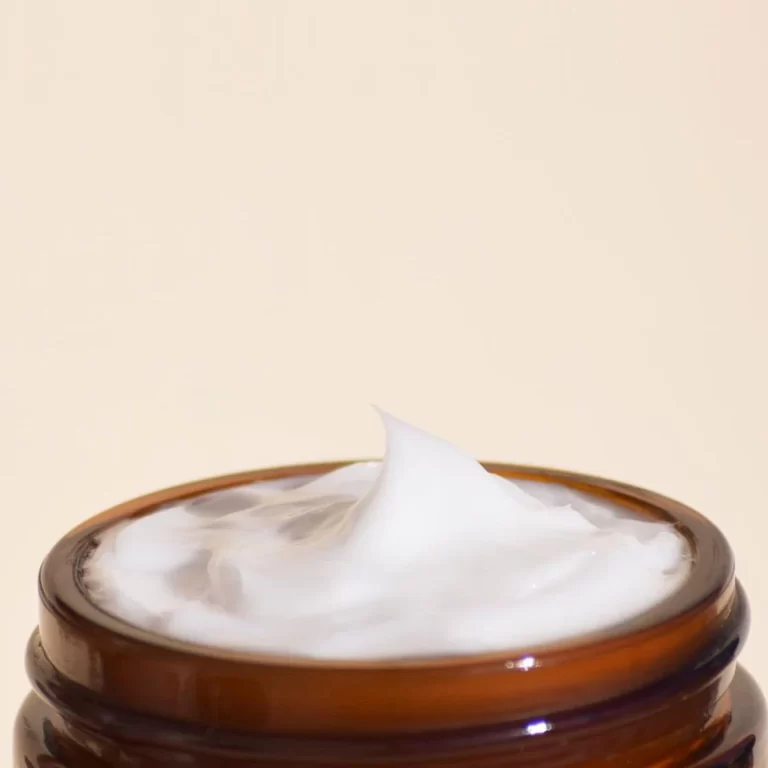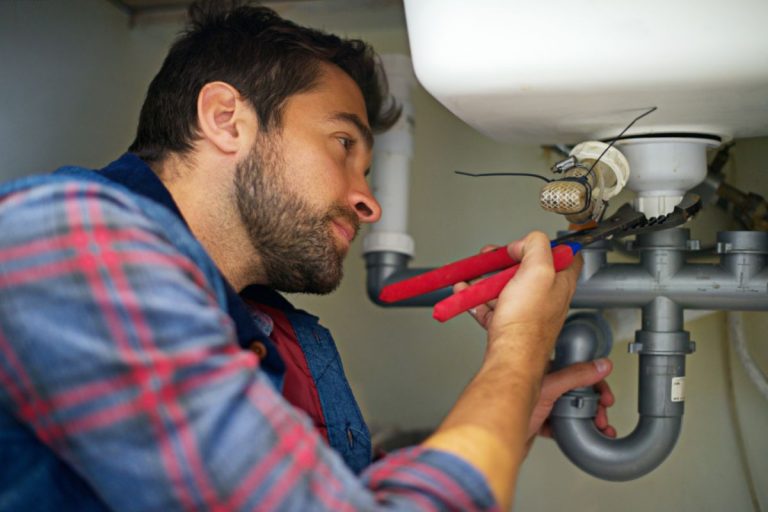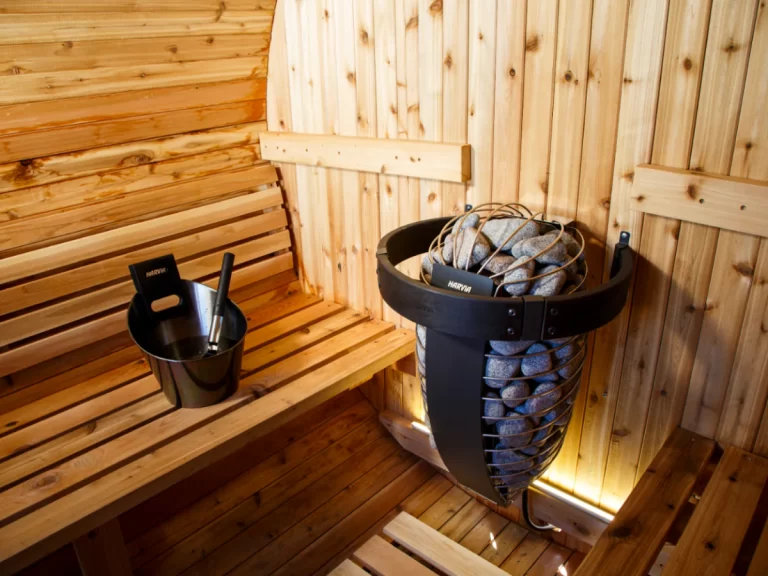Liquor law governs the sale, consumption, and distribution of alcoholic beverages. It’s a complex field that requires specialized legal expertise to navigate effectively. For those interested in becoming a liquor lawyer, certain qualifications and skills are necessary to succeed in this niche area of law.
What is a Liquor Lawyer?
A liquor lawyer is a legal professional who specializes in representing clients involved in the alcohol industry. Their role encompasses various legal matters such as licensing, compliance, regulatory issues, and litigation related to alcohol sales and distribution.
Educational Background
To embark on a career as a liquor lawyer, a solid educational foundation is essential. This typically includes:
- Undergraduate Degree: A bachelor’s degree in pre-law, political science, or a related field lays the groundwork for further legal studies.
- Law School: Graduation from an accredited law school is a prerequisite for practicing law. While any law school can suffice, choosing one with courses or programs focusing on liquor law can provide an advantage.
- Specialization in Liquor Law: Some law schools offer specialized courses or concentrations in liquor law. Pursuing such programs can provide in-depth knowledge and skills relevant to this field.
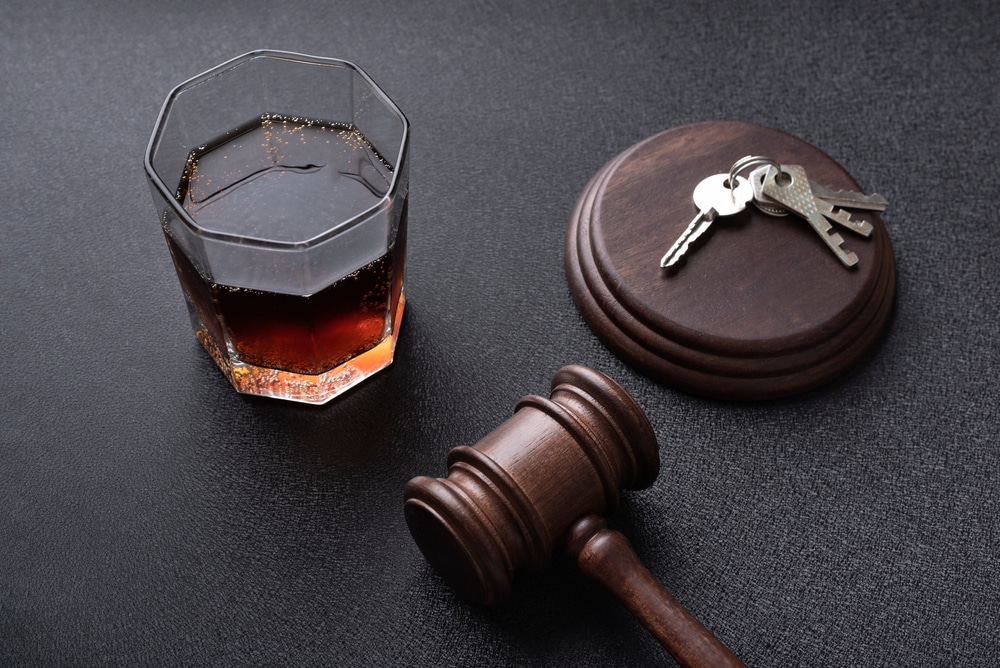
Legal Licensing
Upon completing law school, aspiring liquor lawyers must pass the bar exam in the state where they intend to practice. This licensure is mandatory to practice law and represent clients.
Internship and Work Experience
Gaining practical experience through internships or entry-level positions at law firms specializing in liquor law is invaluable. It provides exposure to real-world cases, builds professional networks, and enhances understanding of industry-specific nuances.
Networking and Professional Development
Networking within the legal and alcohol industries is crucial for career advancement. Attending conferences, joining professional associations, and actively engaging with peers can open doors to new opportunities and insights.
Understanding Regulations and Compliance
Liquor lawyers must have a comprehensive understanding of federal, state, and local regulations governing the alcohol industry. Staying updated on changes in laws and compliance requirements is essential to effectively counsel clients and mitigate legal risks.
Communication Skills
Effective communication, both verbal and written, is vital for liquor lawyers. They must articulate complex legal concepts clearly to clients, colleagues, and regulatory authorities.
Research and Analytical Skills
Liquor lawyers need strong research and analytical skills to interpret laws, regulations, and precedent cases accurately. Attention to detail and the ability to synthesize information are essential for providing sound legal advice.
Negotiation Skills
Negotiation skills are paramount in resolving disputes and reaching favorable outcomes for clients. Liquor lawyers often negotiate with regulatory agencies, opposing counsel, and business stakeholders on behalf of their clients.








